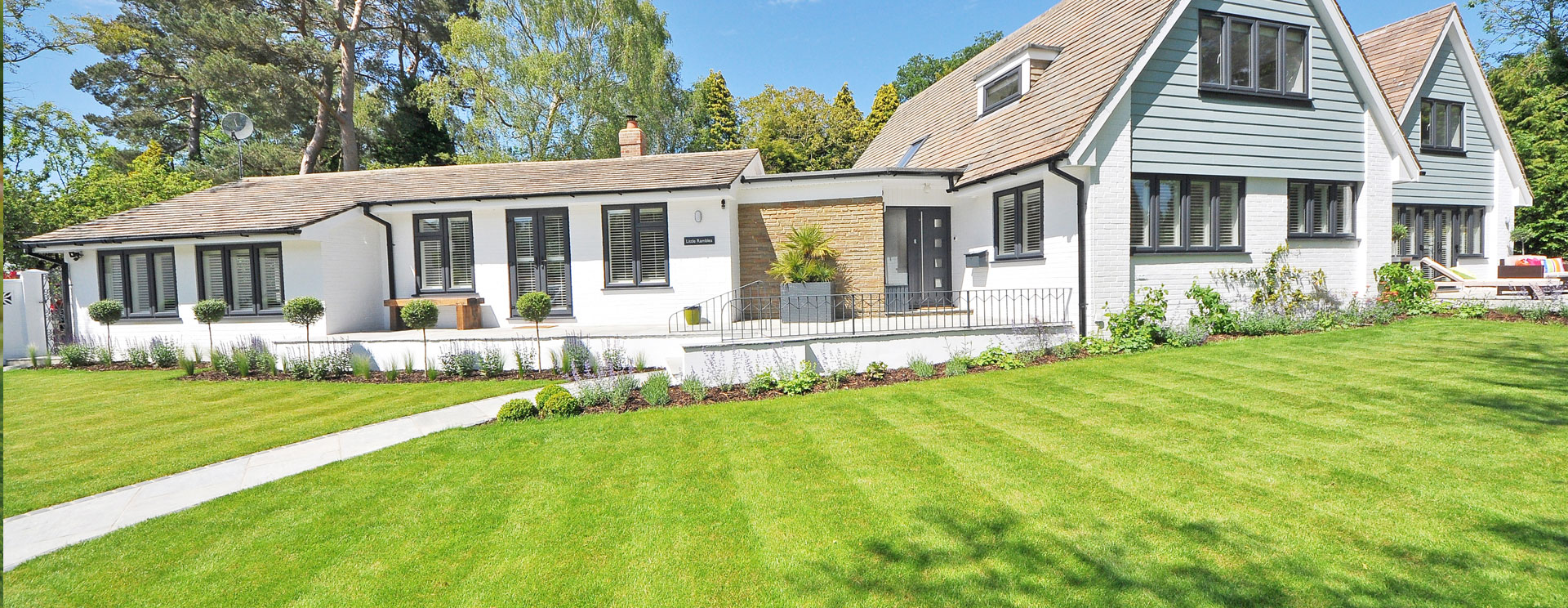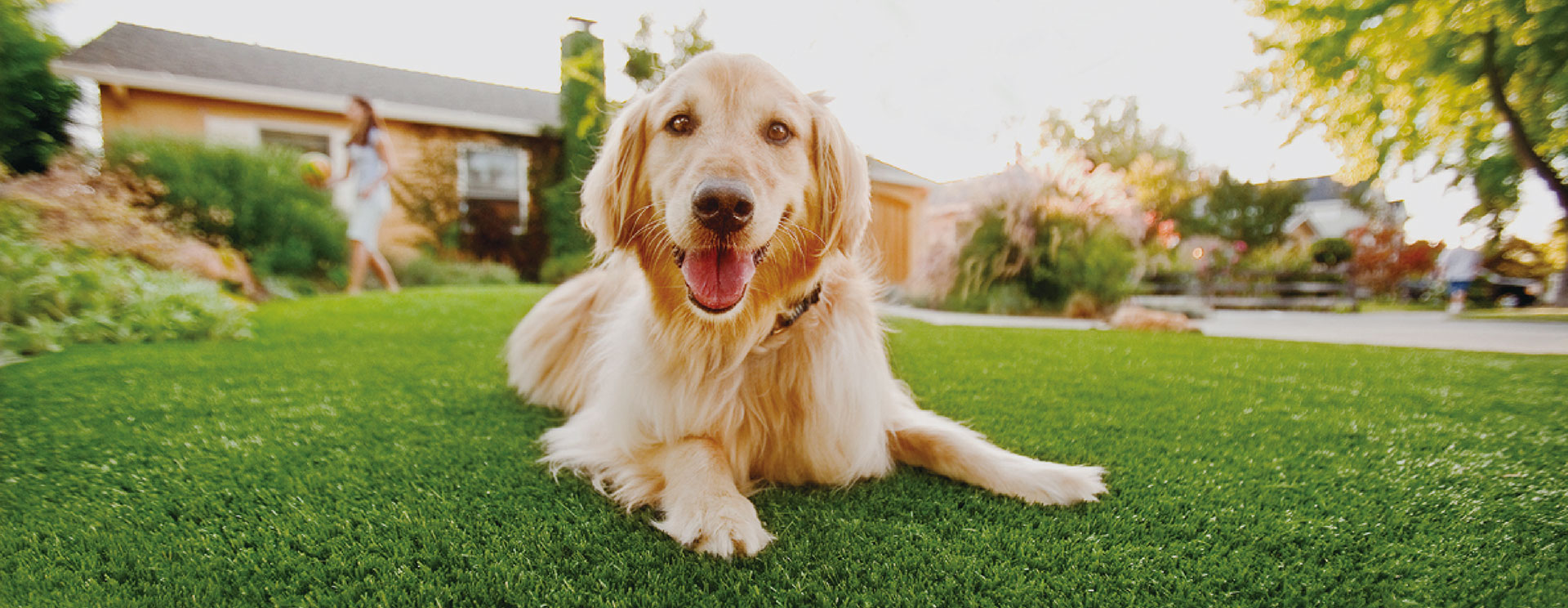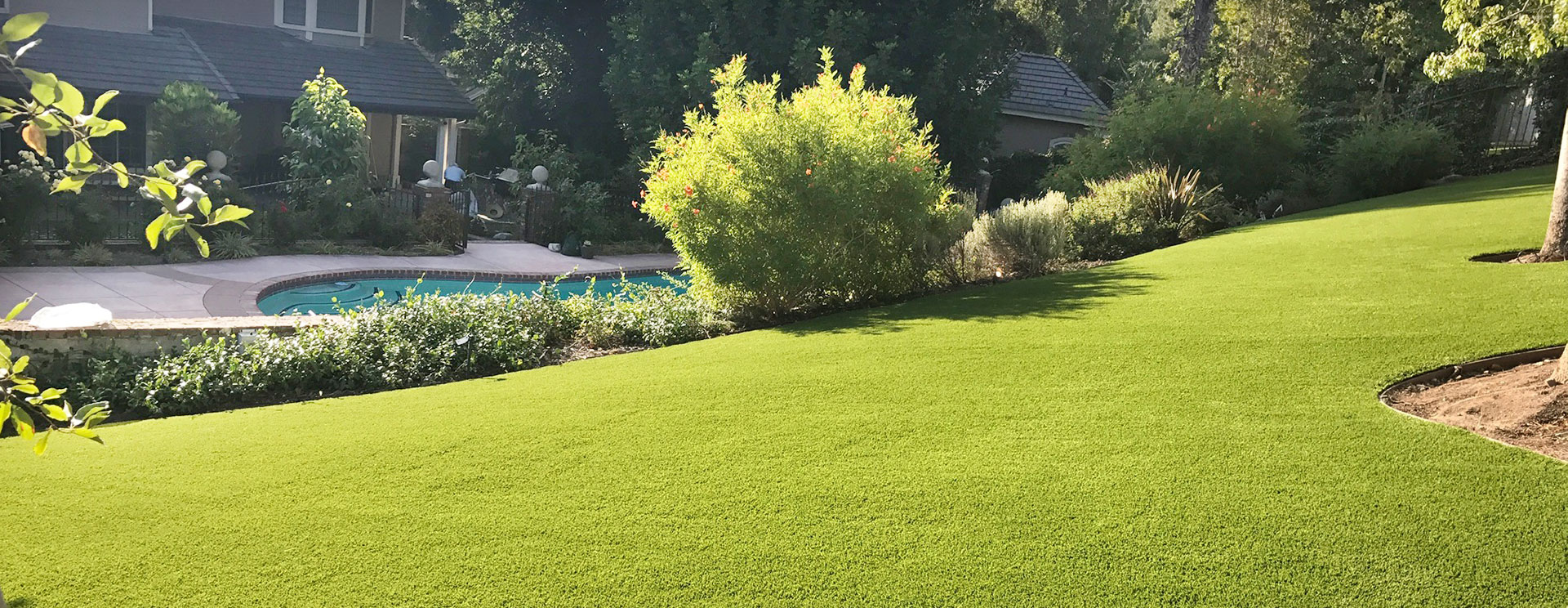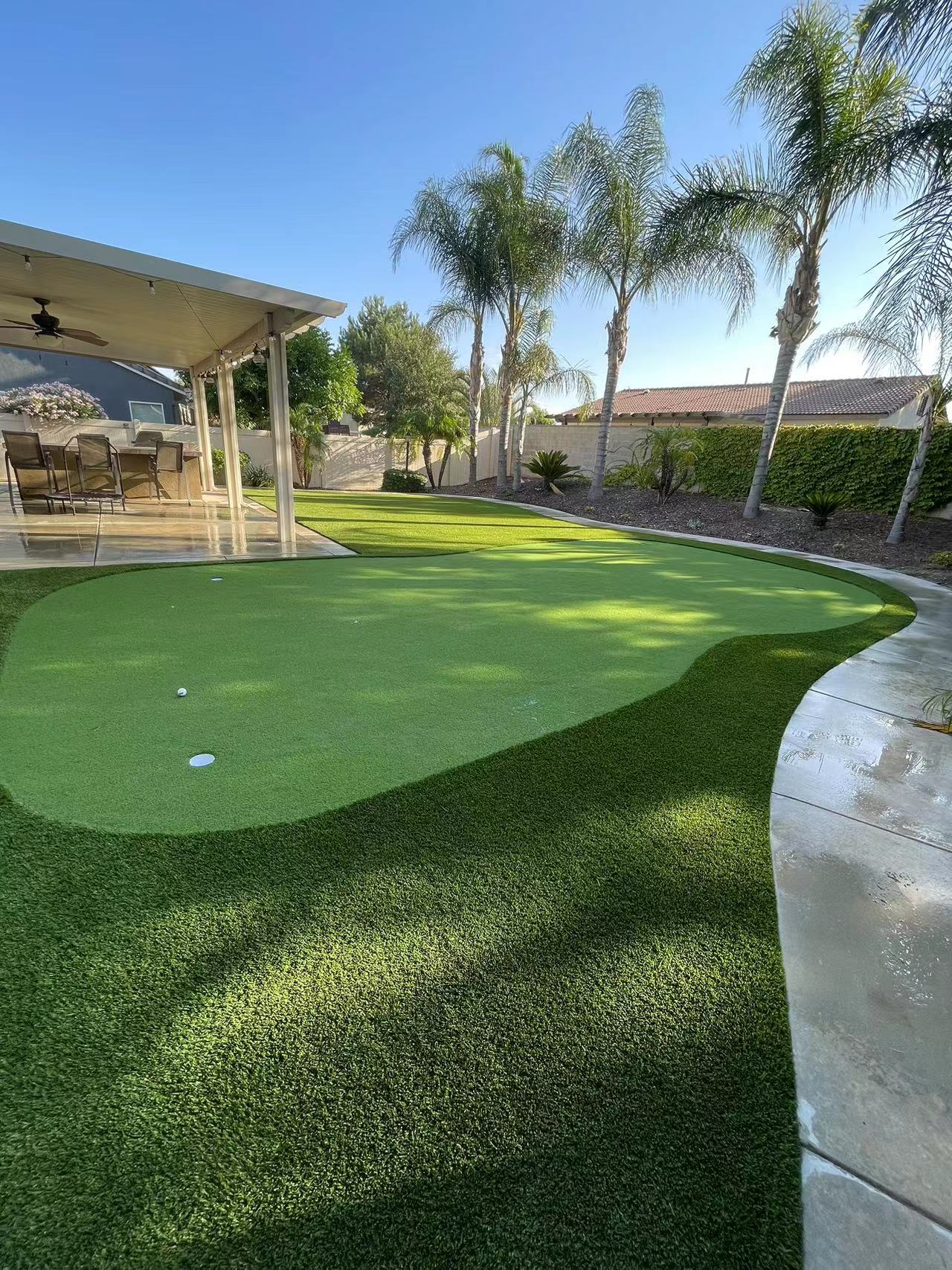Artificial turf is a widely used alternative for outdoor landscaping, but why are some people reluctant to purchase it nearby? This article will explore the advantages and disadvantages of artificial turf and the reasons why some individuals may choose to avoid buying it in their vicinity.

Part 1: Advantages of Artificial Turf
In this section, we will discuss some of the key advantages of artificial turf that might attract people considering its purchase. These advantages may include:

Low Maintenance Costs: Artificial turf typically requires less maintenance work, as it doesn’t need regular mowing, watering, or fertilizing.

Durability: Artificial turf is often more durable than natural grass, capable of withstanding more wear and weather fluctuations.

Aesthetics: Artificial turf can maintain its green appearance throughout the year, keeping your yard looking appealing.
Environmental Benefits: Some argue that artificial turf is more environmentally friendly as it doesn’t require excessive water and chemicals for maintenance.
Part 2: Disadvantages of Artificial Turf
However, artificial turf also has some drawbacks that may influence people’s purchase decisions. These disadvantages may include:
High Initial Cost: The initial cost of installing artificial turf can be relatively high, including the purchase and installation expenses.
Unnatural Feel: Some people find that artificial turf lacks the natural look and feel of real grass, lacking authenticity.
Heat Issues: Artificial turf can become extremely hot in hot weather, making it uncomfortable for direct skin contact.
Recyclability Concerns: Artificial turf is typically made of plastic, raising environmental concerns about limited recyclability.
Part 3: Reasons for Not Buying Artificial Turf Nearby
In this section, we will explore why some individuals may be hesitant to buy artificial turf in their vicinity. These reasons may include:
Price Factors: The high initial investment cost may deter some people, especially when cheaper grass options are available nearby.
Aesthetic Preferences: Some people may prefer the appearance and texture of natural grass and are reluctant to switch to artificial turf.
Environmental Awareness: Concerns about the environmental impact of artificial turf, including plastic waste and water usage, may dissuade potential buyers.
Local Regulations: There may be local regulations or restrictions nearby that prohibit or limit the use of artificial turf, affecting purchase decisions.
Maintenance and Cleaning: Some individuals may be unwilling to take on the maintenance and cleaning responsibilities of artificial turf, especially when other low-maintenance landscaping options are available nearby.
Part 4: Solutions and Recommendations
Finally, we will provide some solutions and recommendations to assist those considering the purchase of artificial turf but facing doubts. These suggestions may include:
Understand Cost-Benefit: Consider the long-term cost-effectiveness of artificial turf to better understand the return on investment.
Choose Quality: Ensure you select high-quality, environmentally friendly artificial turf to minimize its negative impact on the environment.
Seek Professional Advice: Collaborate with landscape designers or professionals to choose the right type of turf for your specific needs.
Familiarize with Local Regulations: Before purchasing, research local regulations and restrictions to avoid potential issues.
Consider Maintenance Plans: If maintenance is a concern, consider hiring professional services or learning how to properly maintain artificial turf.
When deciding whether to buy artificial turf nearby, individuals need to weigh its pros and cons while considering personal preferences and needs. Understanding your own circumstances and options can help make informed purchase decisions.
Tags
used artificial turf for sale near me used artificial turf used artificial grass